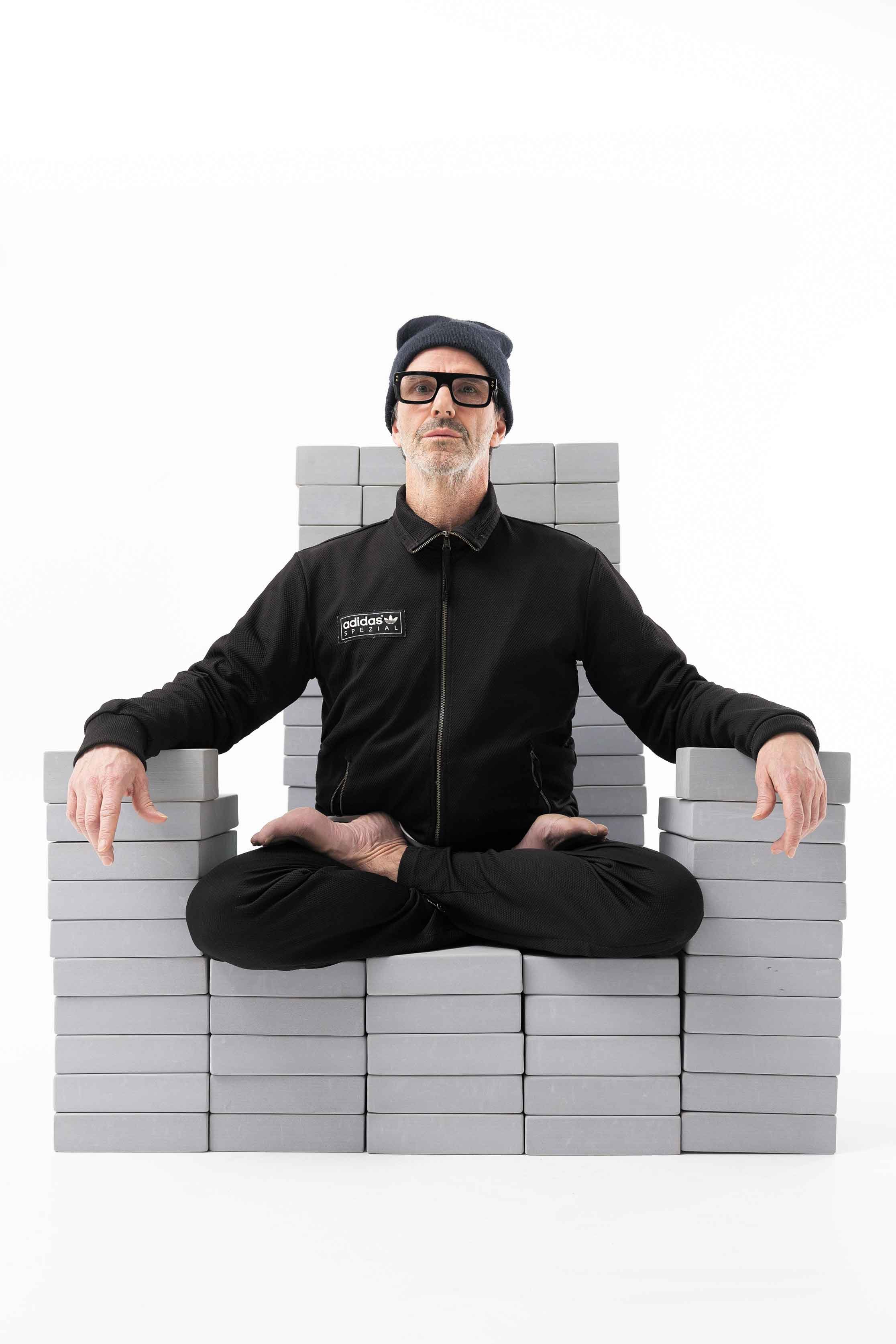1,700 year old Roman statue discovered in Teynham, Kent
A statue of the sea god Triton uncovered
A 1700-year-old Roman statue of the sea god Triton has been uncovered during an excavation on a site near the A2 at Teynham.
Archaeologists from the Canterbury Archaeological Trust (CAT) found the statue during their dig in connection with a new housing development being brought forward jointly by Moat Homes and Chartway Partnerships Group adjacent to the A2 London Road, which follows Roman Watling Street in Kent.
The excavations have discovered a mausoleum set in a walled and ditched enclosure alongside what was once the main road between London and the Roman ports of Richborough and Dover.
Several Roman and possibly later burials were identified during the excavation both within and immediately adjacent to these enclosures, some of which contained grave goods.
The most spectacular find was this unique stone statue of sea god Triton, son of Poseidon / Roman Neptune (or a Triton, one of the minions of Neptune).
The statue was found ritually placed within a disused clay-lined water tank, along with burnt fill material. These associations suggest the enclosure complex and central mausoleum was a funerary site of a wealthy local family (possibly associated with a Roman villa found previously at Bax Farm further to the north) and dedicated to Roman maritime deities.
Dr Richard Hobbs, Senior Curator of Roman Britain, The British Museum commented: “This is a really stunning piece of sculpture, undoubtedly of great significance to our understanding of Roman Britain and its place in the wider Roman Empire. It shows a Triton – half man, half fish – riding a sea monster. Although a few other fragments of similar sculptures are known from Roman Britain, nothing quite like this has been discovered before.”
The Triton statue has been carefully lifted and removed from the site for initial conservation works which have revealed the fascinating detail and craftmanship of the piece. Further research into the statue itself and the circumstances of its ritual burial are on-going.
Dr Richard Helm, Senior Project Manager, CAT stated: “It has been a privilege to contribute to these findings which have highlighted Teynham’s highly important Roman heritage and also provides such a great opportunity to create a legacy for use by the local community.”










